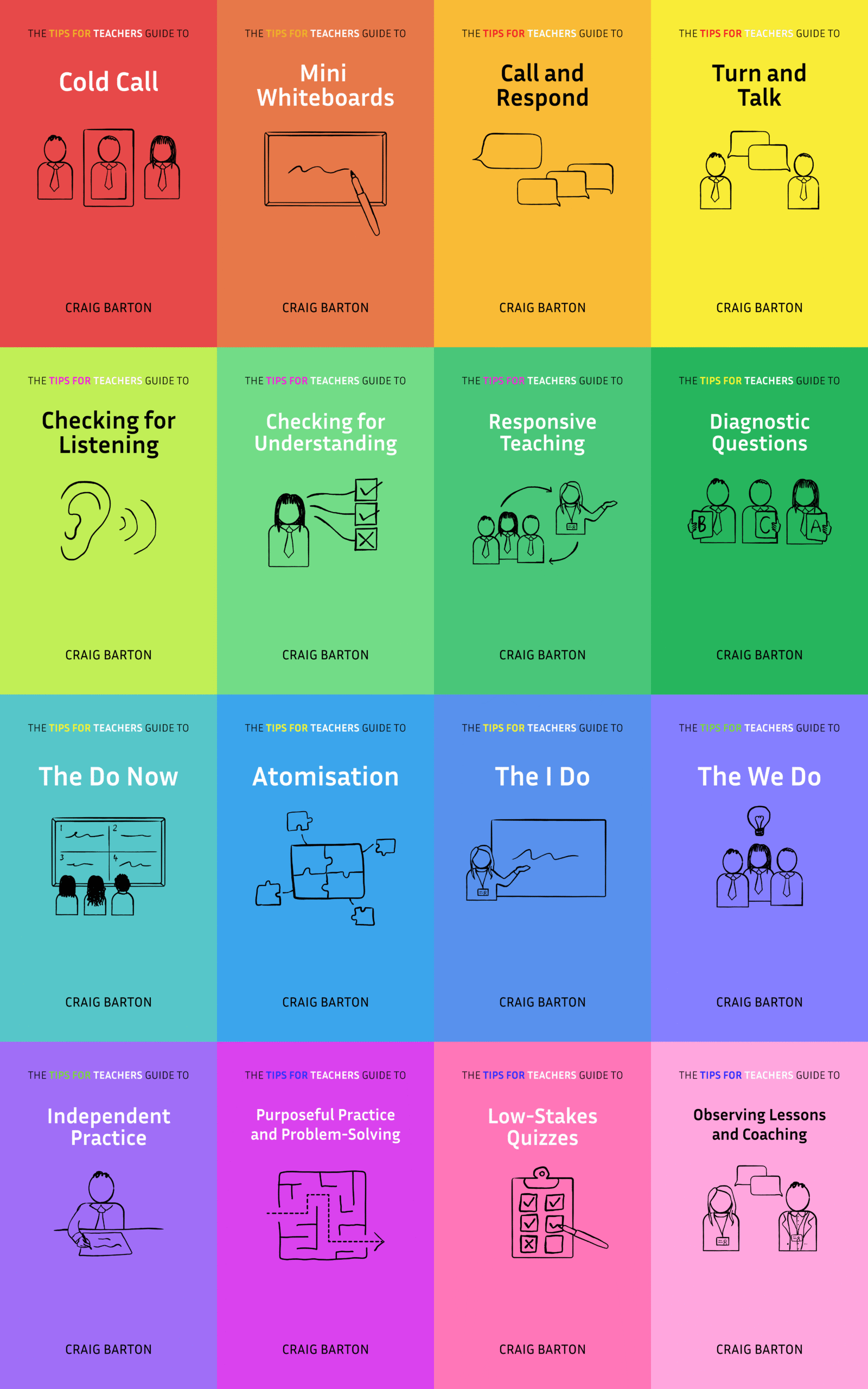Summary
The video features a discussion between two teachers about the benefits and effective implementation of using mini-whiteboards in the classroom. The first teacher describes his own experience using mini-whiteboards, emphasizing how they promote active learning and provide valuable information about students’ understanding. The second teacher probes further, exploring how the mini-whiteboards facilitate both checking for understanding and consolidating knowledge. The conversation concludes with a reflection on how to encourage other teachers to adopt the use of mini-whiteboards in their own practice.
Time-stamps
Here are the timestamps of some key insights regarding mini whiteboards from the source:
- 0:50-1:20: Describes the positive impact mini whiteboards have had on the speaker’s teaching, highlighting how they have become indispensable.
- 2:00-2:50: Explains the speaker’s routine for efficiently distributing and managing mini whiteboards, even in large classes.
- 3:20-4:00: Emphasizes the benefit of using mini whiteboards to gather information from all students simultaneously, allowing the teacher to check for understanding and identify misconceptions.
- 5:20-6:00: Discusses the importance of prerequisite checks to ensure that students have the foundational knowledge necessary for a lesson, using an example of a lesson on distance-time graphs that was unsuccessful due to students’ lack of understanding of basic number bonds.
- 7:30-8:10: Explains the concept of “consolidation,” using an example of teaching isotopes, to highlight how mini whiteboards can be used to help students solidify newly learned information before moving on to independent practice.
- 9:50-10:40: Discusses the use of mini whiteboards during professional development (CPD) sessions to engage participants and model effective teaching strategies.
- 11:30-12:30: Explains how the speaker uses mini whiteboards to demonstrate the benefits of active learning and formative assessment to reluctant staff, leading them to see how they can improve their teaching practices.
Key implications for teachers in the classroom:
Here are the key implications for teachers in the classroom, based on the provided transcript:
Teachers can effectively integrate mini-whiteboards into their teaching practices to create a more engaging and effective learning environment. Modeling the use of mini-whiteboards in professional development sessions can encourage reluctant staff to adopt this strategy. Demonstrating the benefits of mini-whiteboards through practical examples and highlighting their impact on student learning can motivate teachers to embrace this valuable tool.
Mini-whiteboards can significantly enhance classroom learning by increasing student engagement, facilitating formative assessment, and aiding knowledge consolidation. They enable teachers to gather information from all students simultaneously, ensuring everyone participates and providing valuable insights into student understanding. This practice promotes a collaborative learning environment where the focus shifts from individual performance to collective progress.
Teachers should establish a clear and efficient routine for using mini-whiteboards to maximize their effectiveness and minimize disruptions. This routine should encompass aspects such as distribution, collection, and appropriate usage. Addressing potential disruptions like pen sharing or doodling proactively through clear expectations and consequences can help maintain order.
Prerequisite knowledge checks are crucial before introducing new concepts. Teachers should identify and assess students’ understanding of essential foundational knowledge before proceeding with new material. Mini-whiteboards can be instrumental in conducting these checks quickly and efficiently.
Checking for understanding is not enough; teachers should also focus on knowledge consolidation. Mini-whiteboards can facilitate this process by providing students with a low-stakes environment to practice and solidify their understanding of new concepts. This practice encourages active participation and helps students internalize information before moving on to independent practice.









